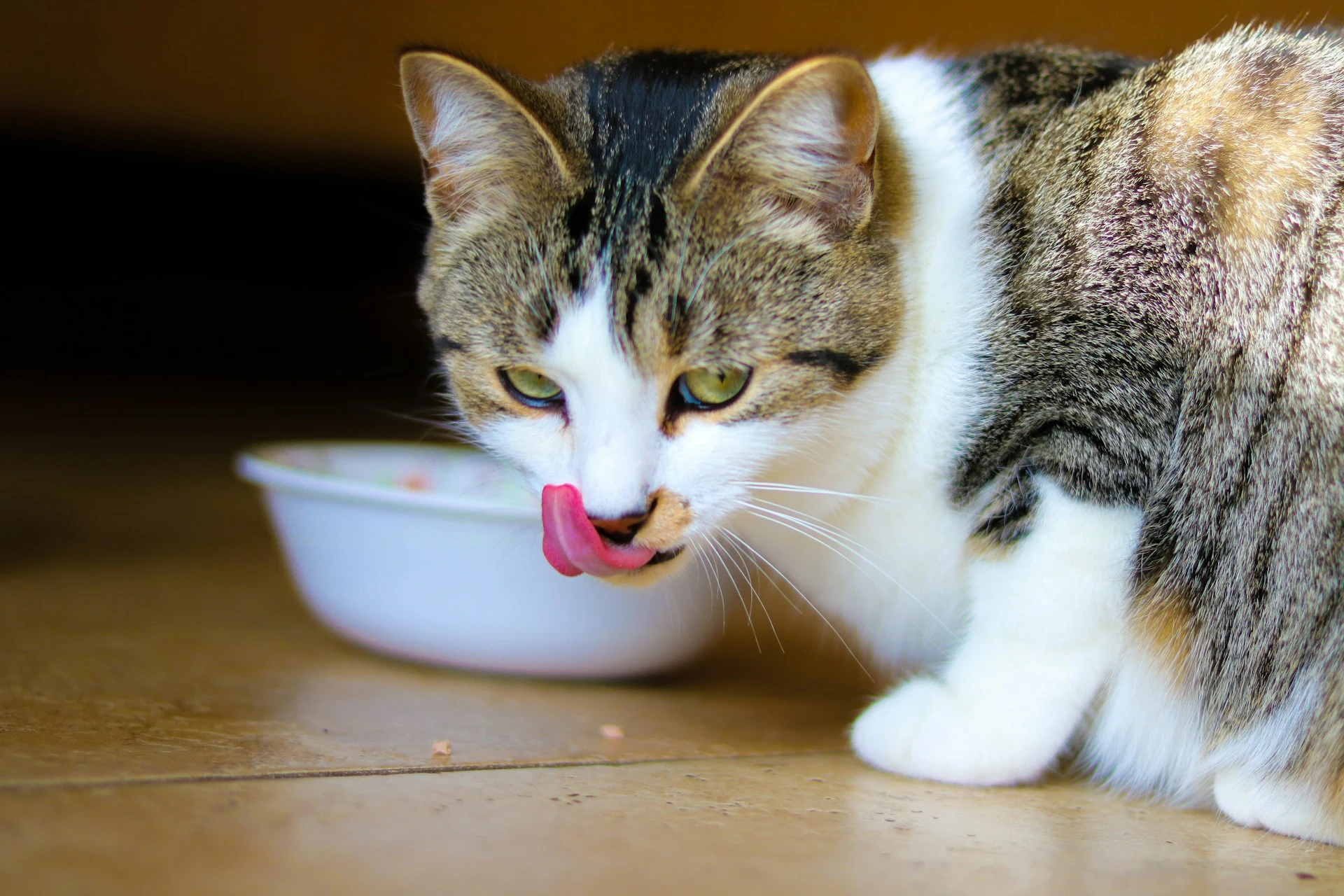April is Hear tworm Awareness month. Did you know that our feline friends can get heartworms? You have probably heard more about these worms being a danger to dogs, but what about kitties? A local Norwalk, CA vet discusses heartworm infestations in cats.
B asics
The basics of heartworm infestations are the same in dogs and cats. Heartworms are transmitted from pet to pet in larval form by mosquitos, by way of infected blood. The worms grow quickly once they are in an animal, and reach their adult size in about six months. At this point, they begin to interfere with the pet’s heart and lungs. This is very dangerous, and, as you may know, can even be fatal. Because mosquitos are, unfortunately, everywhere, your furry pal can get infected at any time or place.
Cat Infestations
Infestations do play out a bit differently in dogs than they do in cats. Our feline pals’ bodies are just not as hospitable to the worms physically. Therefore, many heartworms die before reaching reproductive age. This is of course a very good thing, as it means that many heartworm infestations resolve themselves. It’s actually quite rare to find more than a few live adult worms in a cat. However, that’s about where the good news stops. Even a single worm is very dangerous to your cute pet! Infestations can permanently damage Fluffy’s vital organs, and they can also cause blood clots. Unfortunately, heartworms can also be fatal in kitties. In fact, sometimes heartworms cause sudden death, even in furballs that showed no signs of being sick at all. Needless to say, this can be very sad and devastating for the owner.
Keeping Kitty Safe
Fortunately, it’s quite simple for you to keep your pet safe from these deadly worms. Just keep up with her preventative care! Your vet can offer specific product recommendations. It won’t hurt to keep your feline buddy inside. You may still get the occasional mosquito indoors, but not in the numbers you’d find outside. This will also keep your furball safe from many other potential hazards, such as cars, weather, and traffic. Finally, have your kitty examined regularly. If Fluffy does get heartworms, it’s important that they be found and treated as soon as possible. Ask your vet for more information.
Do you want to learn more about heartworm prevention? Contact us, your Norwalk, CA veterinary clinic, today.







